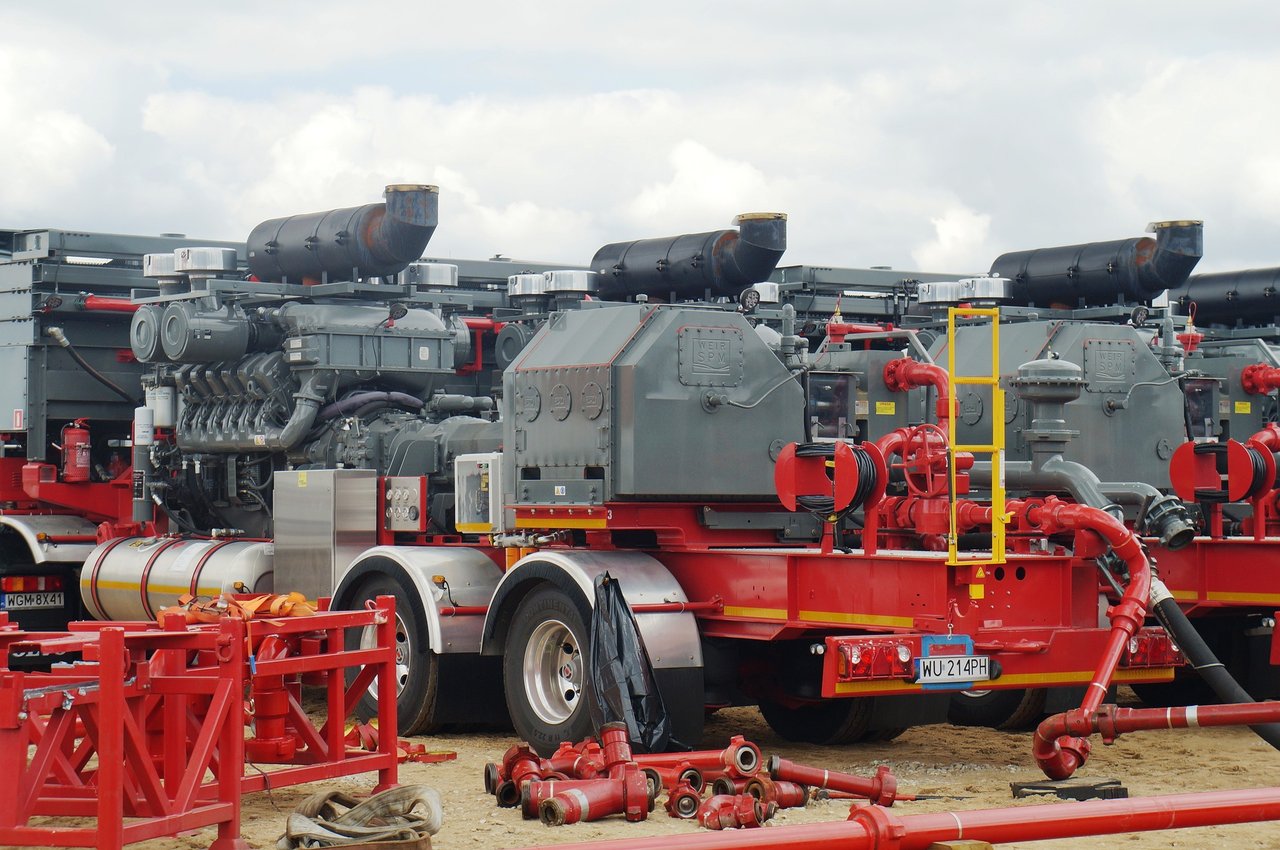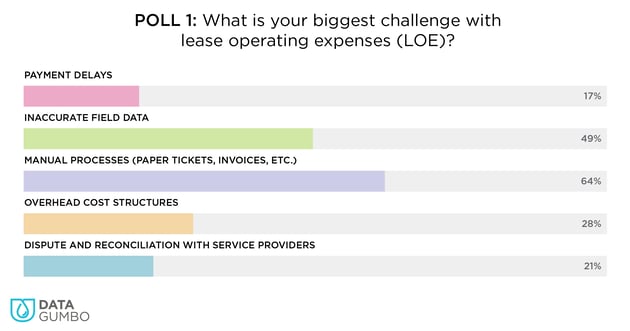Opportunities for Smart Contracts in Fracking
There are several opportunities for the employment of smart contracts to provide efficiencies in fracking operations. Data Gumbo has deployed smart contracts for several of these use cases, and developed an approach for several more that remain conceptual. In general, smart contracts add value in these operations by rapidly calculating the invoices for commodity deliveries and haulage as well as for rental assets so that they can quickly be finalized for haulers, sand mines/ transload points, equipment providers and operators. Invoicing can generally run nightly or on other triggers such as end of pad, pad move, bi-monthly or monthly. This lowers the average time from service delivery to final approved invoice from 30-45 days down to 1-10 days, depending on the specific requirements. GumboNet will then provide a GumboNet CertifiedTM service entry sheet or invoice with attachments to buyer and seller ERP systems such as SAP or Oracle for final payment.
Operators support these efforts to 1) improve transparency and finality of AFE / project costs 2) reduce back office expenses 3) more quickly pass on charges to partners.
Service companies benefit from a much-reduced days sales outstanding (DSO) as well as reduced back office expenses in general and specifically much lower effort to pass through costs from their own vendors to the final invoice for the operator
Haulers benefit from reduced DSO, as well as nearly automated invoicing and on time payment whether from the service companies bundling their services or from operators if they are paid directly.
Specific Use Cases include:
- Diesel delivery: Compare truck tickets for diesel delivery against available data at the pad site to validate the volumes. Data sources could include metered bulk tanks, frac van data on fuel consumption, belt scales / other weighing devices or electronic sign off by an operator’s representative on site. Various pricing mechanisms can be utilized such as a feed from OPIS, per job pricing, or per location pricing. Matching can occur at the per ticket, per pad or per area level. The smart contract will run nightly and create invoices for all tickets that match within pre-agreed time, location and volume tolerances.
- Water Haulage (piped water already efficient / accurate enough): Similar to Diesel delivery, a water haulage smart contract can also incorporate drop off / disposal location both for payment to SWDs and water usage reporting.
- Sand Haulage: Utilize digital truck tickets with sand mine / transload manifest data along with some form of digital check on where each truck load was finally delivered. This could be an operator rep’s sign off, Geo-Fencing of the pad site, belt scale data or silo data that support the tonnage delivered. Haulage pricing variables may include distance bands, fuel surcharges, holiday pay, location or basin based pricing, or per job pricing.
- Equipment Rental: utilizing models developed for rig and silo moves, a smart contract can use various data including GPS location of silos, fill status of silos, GPS location of other rental equipment (ie forklifts) to determine the start and stop times of operational, standby and move rates for rental equipment. Generally, run nightly with timing to the nearest 15 minutes.
- Emissions: Utilizing one or more of the above contracts will typically generate granular data about truck usage and energy usage either from diesel generators or grid electricity which can then be used to provide auditable emissions calculations for operators. The more granular the data, the more granular the reporting can be. We have run several contracts that generate daily emissions from kwh used per meter or per machine, which can then be tied to a particular location and job.
In summary, smart contracts can provide greater transparency and efficiency, reduce disputes and lower back office expenses by automating the tens of thousands of individual transactions per month that fracking operations generate. In practice between 95-98% of individual charges can be automatically calculated approved, meaning that staff can focus more on running the operation safely, and spend a much lower proportion of their time resolving true disputes or mismatches on deliveries and services.



